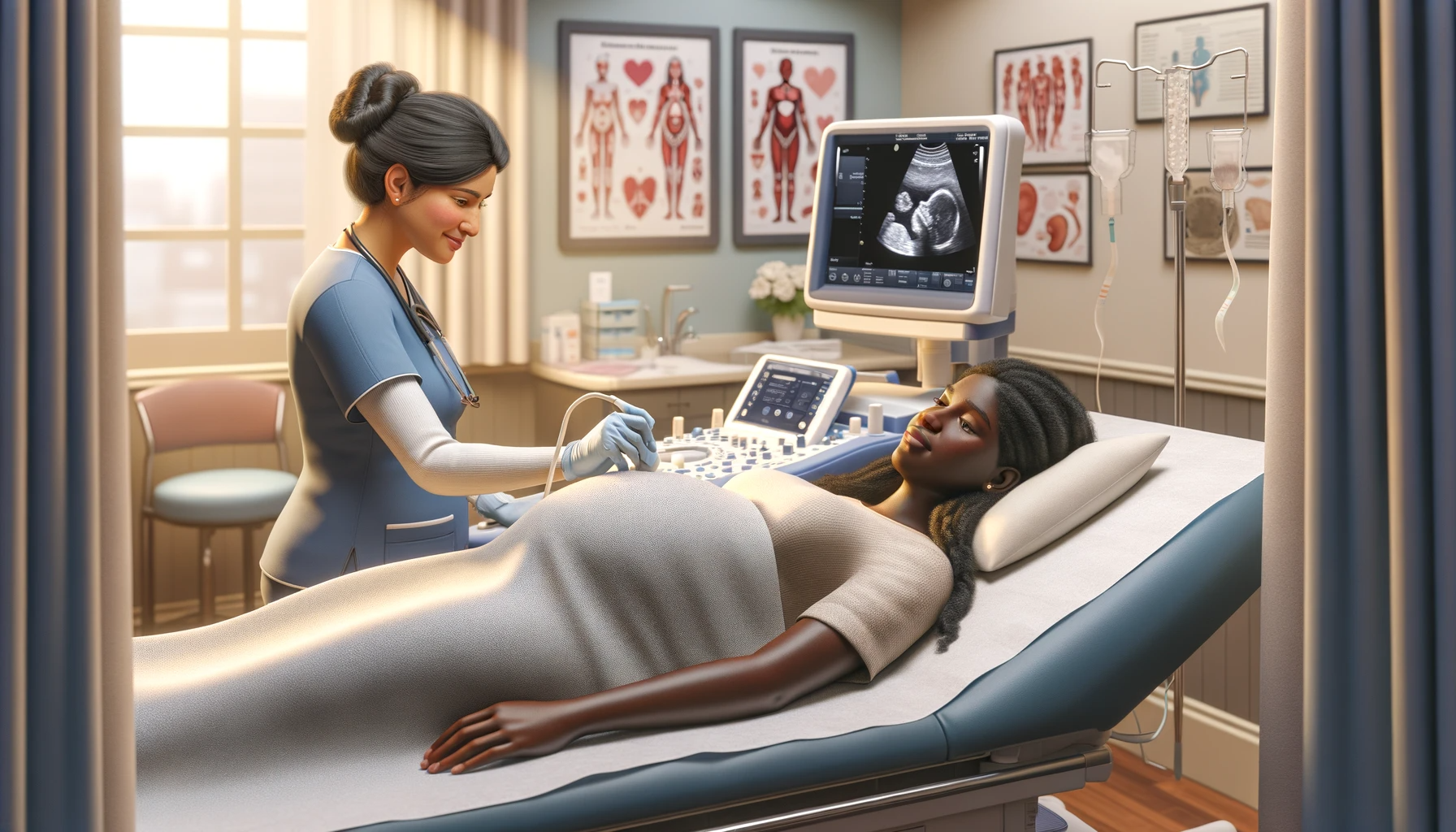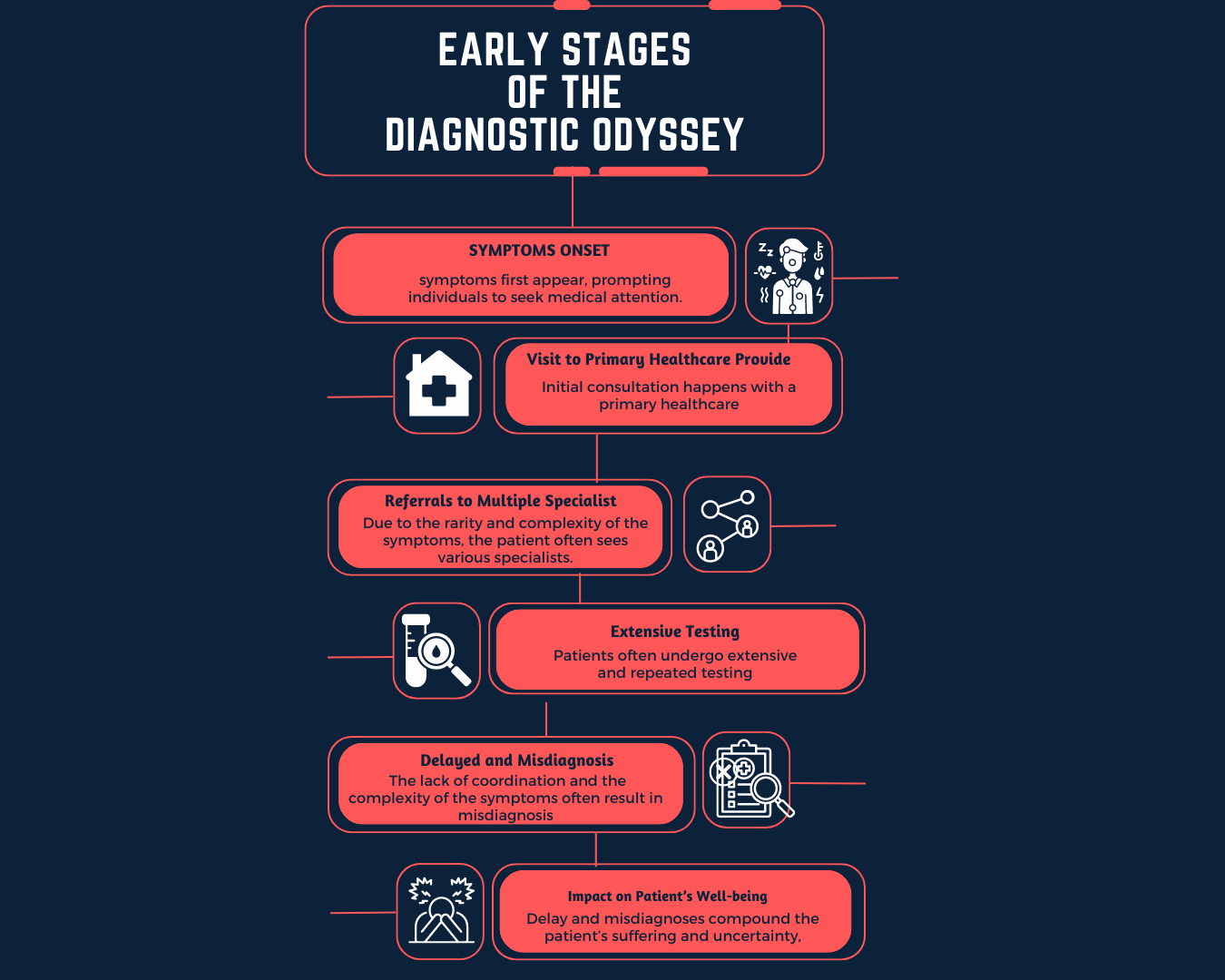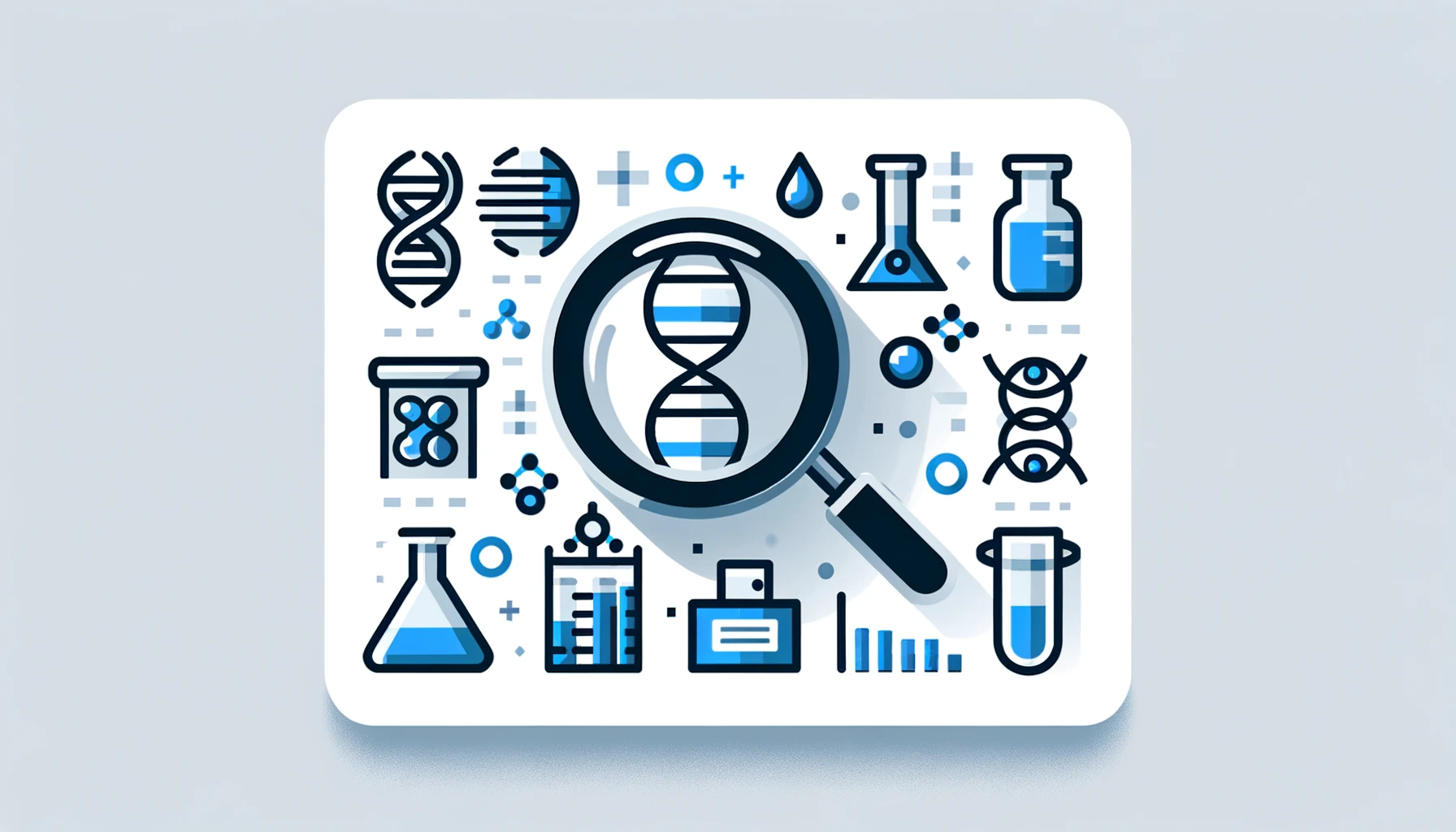Understanding Prenatal Screening
Prenatal screening, a critical aspect of prenatal care, is available to all pregnant women. These tests, varying in precision and information scope, aim to estimate the chance of chromosomal or physical conditions in the baby. While most babies are born healthy, it's important to understand your options for obtaining details about your baby's health.

Types of Prenatal Screening Tests
First Trimester Screenings
First Trimester Screenings, conducted between 9 and 13 weeks of pregnancy, play a vital role in evaluating the risk of chromosomal abnormalities in the developing fetus.
The core component of these screenings is the Combined First Trimester Screening (CFTS), which blends multiple tests to estimate the likelihood of conditions such as Down syndrome (trisomy 21), Edwards syndrome (trisomy 18), and Patau syndrome (trisomy 13). This comprehensive assessment involves a maternal blood test to measure specific proteins in the mother's blood, coupled with a Nuchal Translucency (NT) screening ultrasound. This ultrasound is particularly significant as it measures the fluid thickness behind the baby's neck, a key indicator in detecting chromosomal abnormalities. Alongside these tests, factors like the mother's age, weight, and the pregnancy's duration are also taken into account to provide a more accurate risk estimation.
While these screenings are effective in assessing risk levels, they are not diagnostic. If a screening indicates a higher risk, healthcare providers may suggest additional diagnostic tests, such as chorionic villus sampling (CVS), for a more definitive analysis. It's crucial for expecting parents to understand that First Trimester Screenings are preliminary and discuss further steps with their healthcare provider if necessary.

Second Trimester Screenings
Second trimester screenings, typically occurring between 15 and 22 weeks of pregnancy, are designed to further assess the risk of chromosomal abnormalities and certain birth defects in the fetus. One of the primary components of second trimester screenings is the Maternal Blood Screening, often referred to as the quad screen. This test measures specific substances in the mother's blood, such as alpha-fetoprotein (AFP), estriol, human chorionic gonadotropin (hCG), and inhibin A. The levels of these substances can indicate the likelihood of conditions like Down syndrome and neural tube defects, including spina bifida.
Alongside the quad screen, ultrasounds are commonly performed to visually examine the fetus's development. These ultrasounds can provide detailed images of the baby and help in detecting physical abnormalities or growth issues. Additionally, some screenings include amniocentesis, a diagnostic procedure performed if there is an increased risk of genetic disorders. This test involves taking a sample of amniotic fluid surrounding the baby for analysis.
Non-Invasive Prenatal Testing (NIPT)
NIPT, a highly accurate test for Down syndrome and other chromosomal issues, is performed from 10 weeks of pregnancy. It's crucial to consider the cost of NIPT, as it is not typically covered by Medicare or private health funds.
- More about NIPT results https://3billion.io/blog/nipt-...
Pros
Prenatal screening offers a significant advantage in early detection of potential health issues in the fetus, such as chromosomal abnormalities like Down syndrome and Edwards syndrome, and neural tube defects like spina bifida. This early detection empowers expectant parents with informed decision-making capabilities regarding their pregnancy and the baby's future care.
Notably, many prenatal screening tests, including NIPT, are non-invasive, ensuring safety for both mother and fetus. Furthermore, normal screening results can provide substantial emotional reassurance, alleviating anxiety about the baby's health. This aspect of prenatal screening is invaluable for many parents as it offers peace of mind throughout the pregnancy journey.
Cons
On the flip side, prenatal screening is not without its challenges. One of the primary concerns is the possibility of false positives or negatives, which can lead to unnecessary stress or a false sense of security. Screening tests, it's important to note, cannot diagnose conditions; they only assess the likelihood of potential health issues, necessitating further diagnostic testing for confirmation. This limitation can introduce additional stress and financial burden.
Moreover, positive screening results may confront parents with difficult emotional and ethical decisions, such as contemplating the continuation of the pregnancy or preparing for a child with special needs. Additionally, the cost factor cannot be overlooked, as some screenings, like NIPT, are often not covered by insurance, posing a significant financial consideration for many families.

Evaluating the Need for Prenatal Screening
Making the Decision
Deciding on prenatal screening can be challenging. Tools like the online YourChoice tool help you decide if screening is right for you and which tests to consider. Discuss with your healthcare provider the pros and cons of each test, any further tests needed, and the potential implications of the results.
The Aftermath of Screening
If screening indicates high risk, genetic counselling and further diagnostic tests like chorionic villus sampling or amniocentesis are offered. These tests provide a definitive result but also come with risks, such as miscarriage.
Cost and Accessibility of Prenatal Screening
The cost of prenatal screenings varies based on patient status (public or private), test type, and perceived risk of chromosomal abnormalities in the baby. Some costs may be reimbursed by Medicare, but others, like the NIPT, can be several hundred dollars.
Seeking Help and Support
If prenatal screening results are upsetting, it’s crucial to seek support. Discussing with your doctor, midwife, or a genetic counsellor can provide clarity and emotional support.
In cases where prenatal screening results are negative but there remains a need for further newborn genetic testing, it often indicates that initial screenings did not conclusively rule out certain conditions or that new concerns have arisen post-birth.
Prenatal screenings, while comprehensive, are not definitive; they primarily assess risk levels rather than providing a certain diagnosis. If a baby exhibits symptoms or has a family history suggesting genetic conditions, more specific and conclusive tests like genetic sequencing or chromosomal analysis may be recommended after birth. These postnatal tests can provide a definitive diagnosis, allowing for early intervention and tailored care plans to address any identified health issues.






















